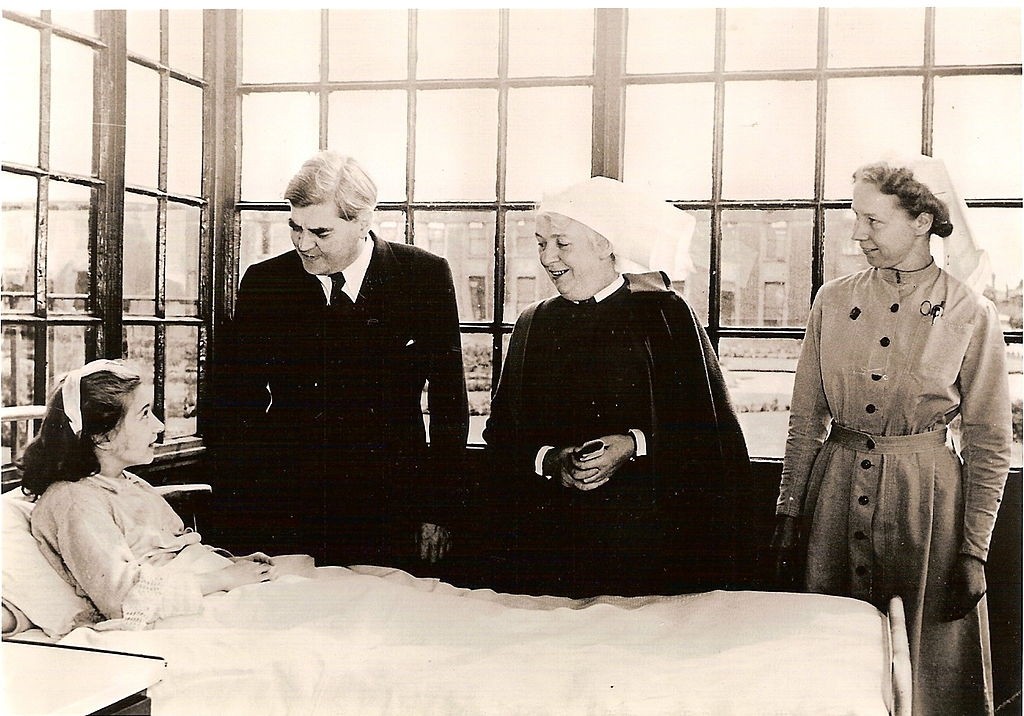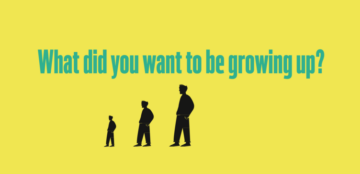The last thing anyone needs to read is more futurology about how we are going to come out of this wiser/poorer/better-read/square-eyed/fitter/fatter or more philosophical. Our crisis-riven world at the moment is about as much fun as a trip to a semi-qualified dentist with a rusty drill. And replete with speculative advice from people with cracked crystal balls.
Please, no more jokes/memes/ TikTok dances from The Salvation Army or videos of a cute three-year-old singing a song from Frozen and then accidently letting rip with the ‘F’ word. Maybe we can also consider moratorium of Zoom coffees/dinner parties/ Bar Mitzvahs and yoga tuition.
But like Maria Von Trapp who yearned to sing at any opportunity, I love to write. Since the Executive Search market is currently as lively as a bar in Soho, I have thought hard about what there is to say that is encouraging. Eating my lunchtime Tuna Melt extravaganza the other day, (happy to supply the recipe, but the secret is only to use processed ingredients) I had an epiphany. In retrospect, it may have just been indigestion.
We all have to face the unwelcome thwarting our personal aspirations for some time to come – professional, familial, social. Resilience and stoicism are required in enormous measure. Ambition, something intrinsic to professional advancement, is hard to realise currently. One of the roots of the word is ‘ambitio’ from the Latin, literally to ‘canvass votes’ and describing the act of politicians going out to persuade people to give them power.
Now, however, we are all have to be much more passive. The world is bruised and we are impelled by a mixture of altruism, fear and the need to contribute meaningfully to a cloudy future. I wondered therefore, if there were historical milestones or famous figures that demonstrate how to get around a problem.
Let me give you an interesting example.
If there is one institution that is revered currently, it is rightly the NHS and on Thursday, I actually broke my wooden spoon hitting it so hard on a saucepan. When it launched on July 5th 1948, its sacrosanct future was not so certain.
Why?
Because the medical profession was vehemently opposed to its creation. At that time, a chronically underfunded system of private hospitals catered for a fraction of the population. Services like dentistry and optical care were only available to those with cash and GPs ostensibly relied on private fees.
Nye Bevan, the firebrand socialist Minister of Health in the Atlee government expressed this iniquity in Parliament when he stated:
“Money ought not to be permitted to stand in the way of obtaining an efficient health service…It is cardinal to a proper health organisation that a person ought not to be financially deterred from seeking medical assistance at the earliest possible stage. It is one of the evils of having to buy medical advice that, in addition to the natural anxiety that may arise because people do not like to hear unpleasant things about themselves, and therefore tend to postpone consultation as long as possible, there is the financial anxiety caused by having to pay doctors’ bills. Therefore, the first evil that we must deal with is that which exists as a consequence of the fact that the whole thing is the wrong way around. A person ought to be able to receive medical and hospital help without being involved in financial anxiety.”
The relevance of this message is undiminished today, and yet at the time, the principle opposition to the NHS was not parliamentary but medical. It was the doctors themselves who railed against its formation.
The Conservative leaning BMA felt it a threat to its livelihood. In a poll, 90% of doctors said that if it came about, they would refuse to work in the system, fearing a loss of control and the interference of an inflexible state. For Bevan however, the health of a nation derived from the preservation of individual well-being.
So, he compromised and gave concession to the medical profession by allowing them to effectively sustain private practices, as well as be paid on the basis of the number of people seen. Whilst ideologically opposed to free market capitalism, he saw a more important vision which had to be preserved, even if it meant the watering down his own political principles. The system launched and whilst severely over budget 15 months later, Bevan was also able to announce 5.35m pairs of free spectacles had been supplied, 8.5 million people had visited the dentist and 187 million prescriptions had been written in illegible doctor’s scrawl.
72 years later, we collectively marvel at the fortitude and selfless commitment of that service in protecting the nation from a much deadlier virus than individual greed. And we must all compromise our expectations and principles moving forward. Where once we were single-minded, we will need to be more adept at embracing uncertainty.
In 1948 the doctors were actually wrong and the politicians right. Let’s all try to work out what is really important to us all moving forward and adjust actions accordingly. We will achieve unexpected things but have to sacrifice long-held perceptions of success. Like Bevan, even if we have to concede points of principle, our goals need not change. Different needn’t be worse.
In the meantime, I am going to put my Amazon order in for a new wooden spoon. Back soon for some more historical trivia. In the meantime, stay safe fellow isolationists.



